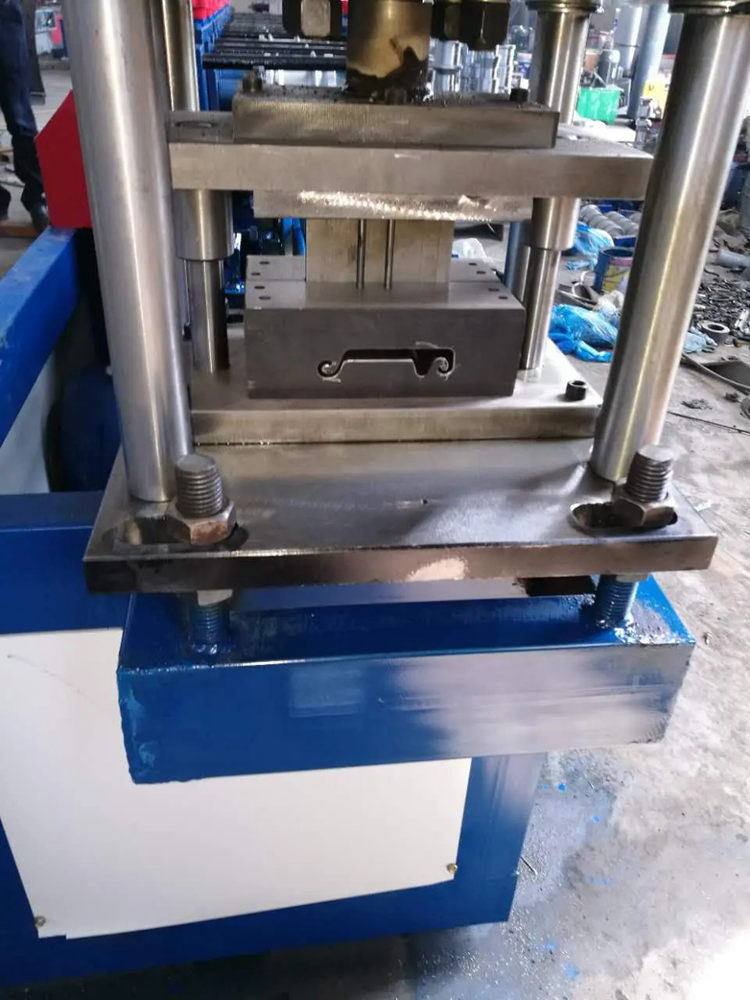
The Significance of Stud Forming Machines in Modern Manufacturing
In today's fast-paced manufacturing environment, efficiency and precision are paramount. One of the unsung heroes of this realm is the stud forming machine, a crucial piece of equipment that plays a vital role in industrial production processes. This article will delve into the workings of stud forming machines, their applications, advantages, and their impact on the manufacturing industry.
What is a Stud Forming Machine?
A stud forming machine is a specialized device designed to create studs—small, cylindrical metal fasteners that are often used in construction, automotive, and various other manufacturing applications. These machines transform raw materials, typically metal rods, into finished studs through a process of cold forming. This is done without adding heat, making the process energy-efficient and beneficial for preserving the integrity of the materials.
How Do Stud Forming Machines Work?
The process begins with loading metal wire or rods into the machine. The machine then uses a series of rollers and dies to shape the metal into the desired stud form. The process typically involves several steps cutting the metal to length, forming the threads, and sometimes even adding features like heads or grooves, depending on the intended use of the studs.
Cold forming has several advantages; it enhances the strength of the metal by aligning the grain structure while reducing the likelihood of defects. Furthermore, the production speed is relatively fast, making these machines suitable for high-volume production runs.
Applications of Stud Forming Machines
Stud forming machines are indispensable in various industries. Here are a few notable applications
1. Construction Studs are widely used in the construction industry for framing, anchoring walls, and securing materials. Their reliability and strength make them ideal for holding significant structural loads.
2. Automotive The automotive industry employs studs for engine assembly, bodywork, and numerous fastening applications. The precision of stud forming machines ensures that the fasteners fit seamlessly into complex automotive designs.
3. Electronics In the electronics industry, studs are used to secure components and housing. Their small size and precision are essential for maintaining the quality and functionality of electronic devices.

Advantages of Stud Forming Machines
The effectiveness of stud forming machines can be attributed to several key advantages
- Cost Efficiency By streamlining the production process and minimizing waste, these machines help companies save on material and labor costs.
- High Precision The cold-forming process produces consistent and precise dimensions, which is critical in applications where tolerances are tight.
- Versatility Stud forming machines can often be adjusted to produce a wide range of stud sizes and designs, making them suitable for various applications across different industries.
- Durability of Finished Products The cold forming process enhances the strength and fatigue resistance of the studs, making them more durable compared to those made through traditional machining processes.
The Future of Stud Forming Machines
As manufacturing technology continues to evolve, so too do stud forming machines. The integration of advanced technologies such as automation, robotics, and artificial intelligence is likely to enhance the efficiency and capabilities of these machines. For instance, automation can increase production speeds and reduce labor costs, while AI may improve quality control processes by identifying defects in real-time.
Moreover, with the growing demand for lightweight and high-strength materials—especially in industries like aerospace and automotive—manufacturers are focusing on developing stud forming machines that can handle advanced composites and alloys.
Conclusion
In conclusion, stud forming machines are a cornerstone of modern manufacturing. Their ability to produce high-quality, precise fasteners efficiently makes them invaluable to various industries. As technology continues to advance, these machines will adapt and evolve, ensuring they remain at the forefront of manufacturing innovation. The future looks bright for stud forming machines, as they continue to drive efficiency and quality in production processes across the globe.